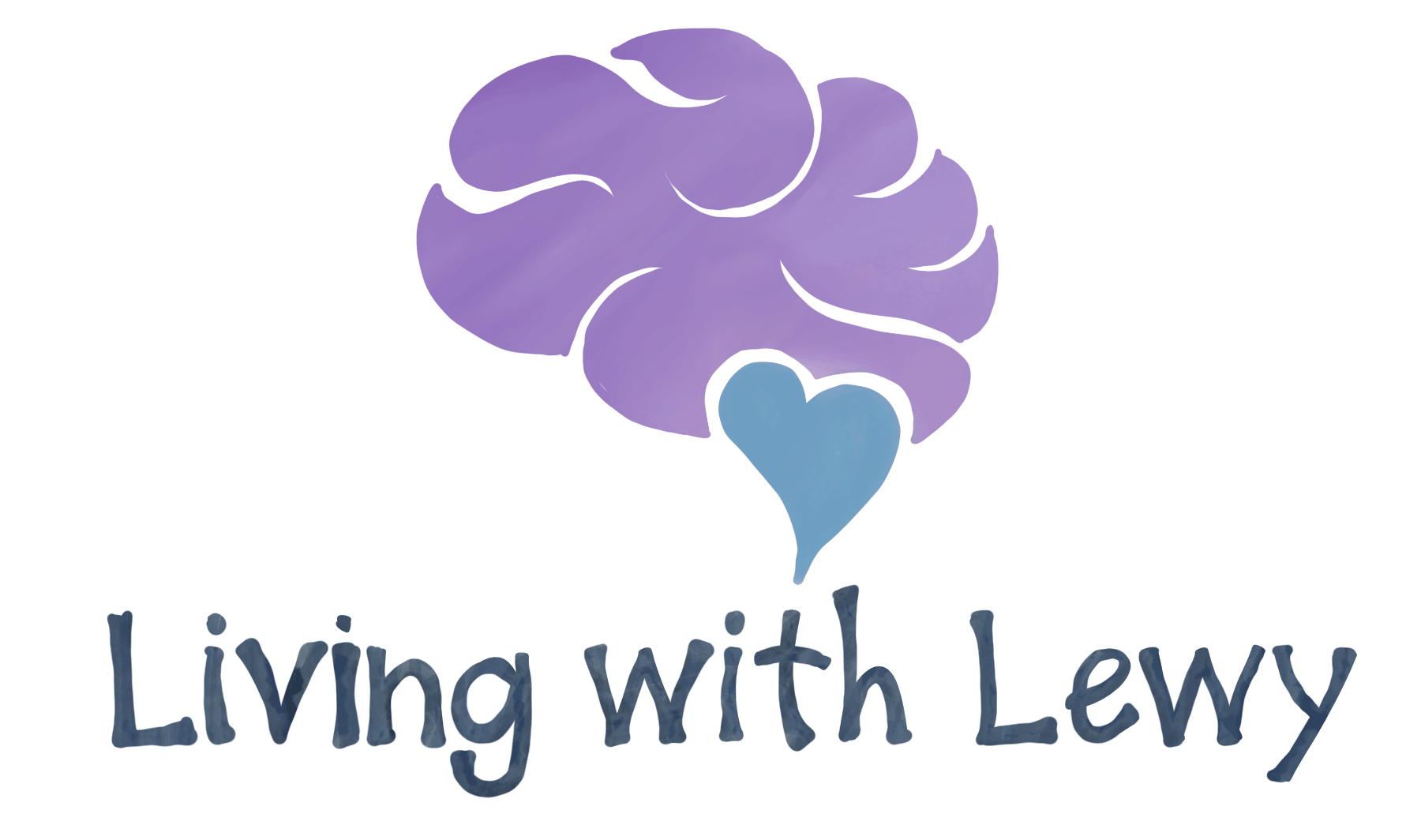Let’s be honest:
There are days when trying to talk with someone who has dementia feels like trying to order takeout through a tin can phone — underwater — during a thunderstorm.
You ask a question.
They stare at you.
You repeat it.
They look suspicious.
You rephrase it again and again, until you both end up confused, mildly annoyed, and somehow discussing squirrels.
Here’s the thing:
It’s not your fault.
It’s not their fault.
It’s the brain.
So, let’s pour some tea and talk about how to actually talk — when words get weird and patience gets thin.
The Brain Behind the Blank Stare
When someone has Lewy Body or another dementia, it’s not just memory that gets jumbled. Language processing, attention, and the ability to make sense of your words can get scrambled too.
Imagine trying to respond to a question while standing in a foggy forest, holding a fading flashlight, while squirrels throw acorns at your head. That’s kind of what it feels like for them.
So here’s what I’ve learned, the hard way, through trial, error, and one truly bizarre conversation about waffles that lasted 45 minutes:
Tip 1: One Question at a Time, Please and Thank You
Don’t say:
“Do you want to go to the store now, or wait till after lunch, and should we pick up bananas or were those too ripe last time?”
Their brain just exploded.
Try instead:
“Do you want to go to the store now?”
Wait.
Breathe.
Sip your tea.
Let them answer.
Then move to the next idea.
Tip 2: Give Them the Golden Gap
Here’s your magic number: 20 seconds (or more).
After you ask a question — stop talking. Seriously. No nudging. No repeating. No hinting.
Just give them time. Their brain needs a little longer to travel the road from hearing to understanding to responding.
To us, it feels like forever. To them, it’s how long it takes to find the words.
(Yes, I know. You’re already late. But if you rush them, it’s like swiping the puzzle away mid-solve.)
Tip 3: Fewer Words, More Meaning
Use simple, clear words. Point. Show. Demonstrate. Even a little silly charade action goes a long way.
Instead of:
“Well, you could wear the blue cardigan or that other jacket that we bought when your sister visited—remember that trip?”
Try:
“This blue sweater or the red jacket?” (while holding them up)
Visual cues + limited choices = way less stress for both of you.
Tip 4. Don’t correct
They may tell you they just had lunch with their mom (who passed away years ago). It can be tempting to remind them of the truth, but here’s the deal: correcting doesn’t usually help. It can confuse or upset them more — and you don’t win anything by proving a point.
Redirect with kindness or go along gently.
Tip 5. Don’t argue. Seriously.
You cannot logic your way through Lewy Body or any dementia. They are not trying to be difficult — their reality is just different from yours. Arguing only causes stress, for both of you.
Let it go, and meet them where they are.
Tip 6: Be the Calm in the Conversation
Your tone matters more than your words.
Are you soft? Kind? Patient? (Even if you’re faking it ‘til you make it, that still counts!)
Even if they don’t understand what you’re saying, they’ll feel how you’re saying it.
Tip 7: When in Doubt, Skip the Words
Play music. Hold hands. Offer a cookie. Sit beside them in shared quiet.
Connection doesn’t always need conversation.
In fact, some of the most beautiful moments I’ve had with my husband happened in wordless calm — just being present together in the now, without needing anything else.
Final Sip of Truth
You’re not doing it wrong. It’s just really hard.
Talking with someone who has dementia isn’t about getting it perfect — it’s about being patient, present, and willing to try again (and again… and again).
So the next time you find yourself saying “they’re just not listening” — take a deep breath, pass the tea, and remember:
They’re listening as best they can. And you’re doing better than you think.
With love,
Nora 💜
